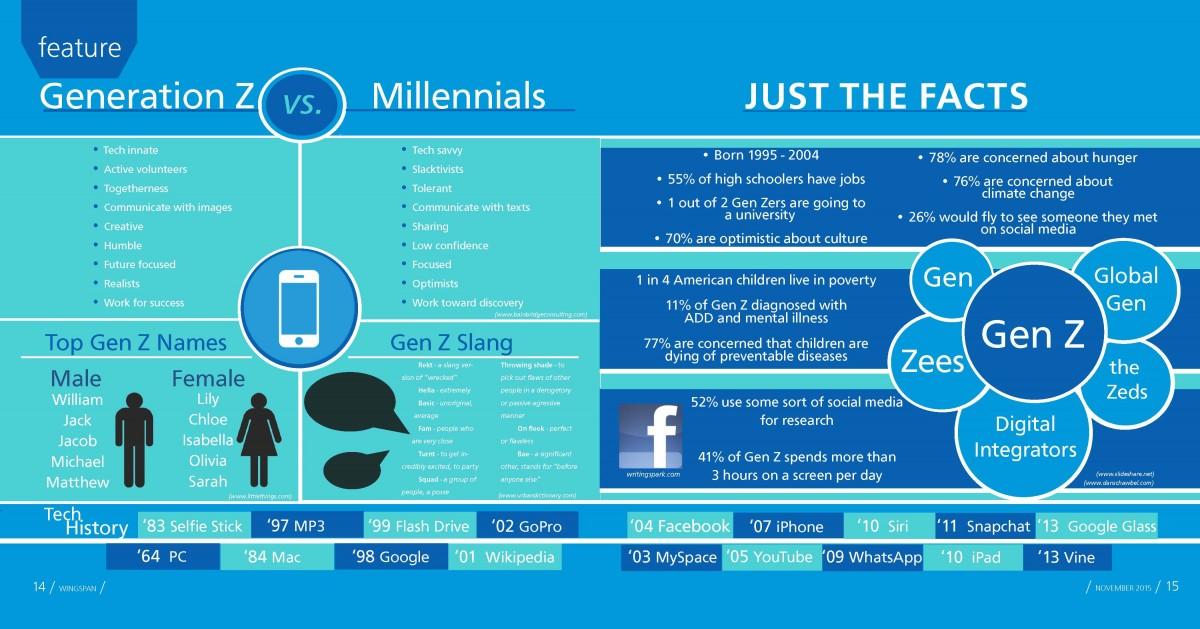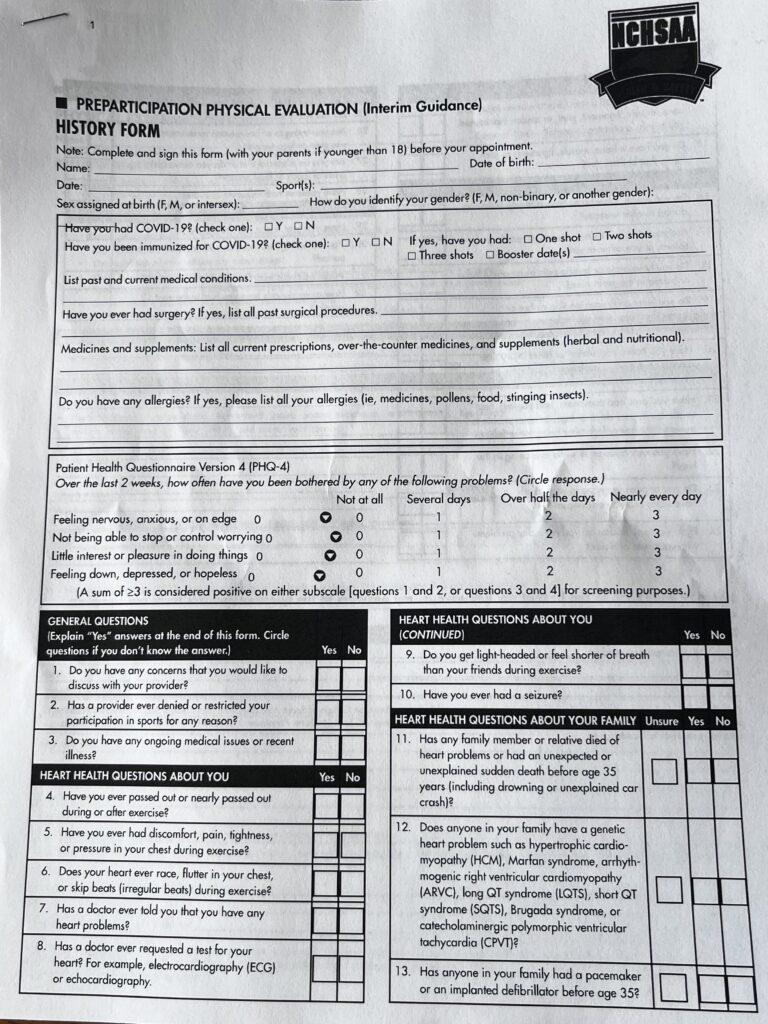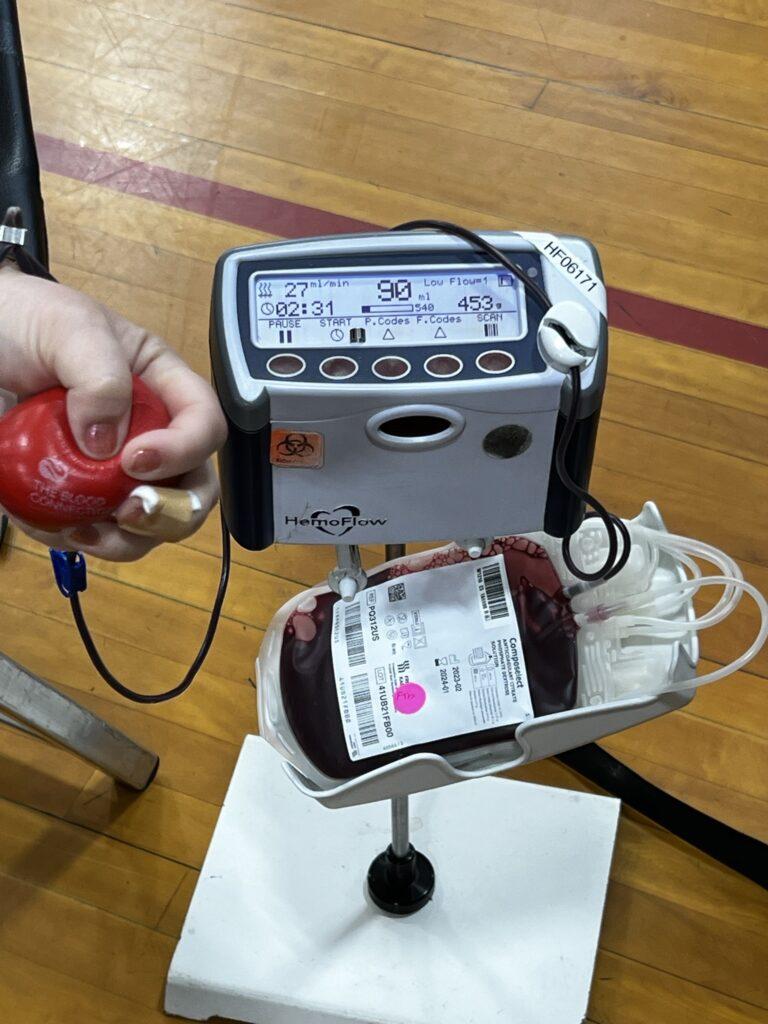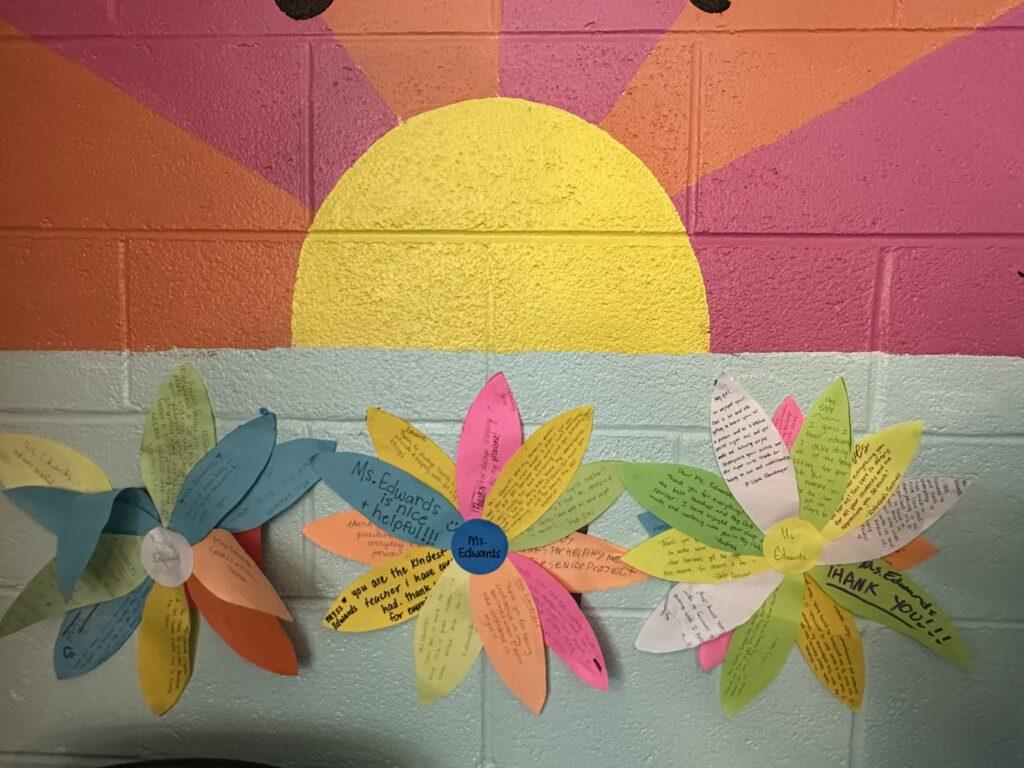[column size=three_quarter position=first ]
The 16-year-old high school student, Emily, rolled over and covered her head with her blanket. Her iPhone blasted one of her 12 morning alarms. She groaned loudly as she got up and collected the pile of textbooks littering her bedside table to prepare for a new day. At breakfast, she crammed in some last minute studying.
Emily is a typical high school student and member of the latest group of Americans to earn a name, Generation Z, young people born between 1995 and the present. Previous generations have been labeled Baby Boomers (1946-1964), Generation X (1965-1980) and Millennials (1980-1995).
The New York Times recently gave the latest generation a name, focusing on the rebellious, independent, socially-connected characteristics of today’s young adults.
The oldest members of Generation Z are now 20 years old, and there are numerous stereotypes of who they are and how they act. People from previous generations often assume negative things about people born from the mid-1990s to the mid-2000s, but members of this generation stand out for their independence, resilience, pragmatism and determination.
“A misconception about our generation is that we are not social anymore,” freshman Ray Olinger said. “We are being social; it is just in a different form — social media. People think we are not speaking anymore to each other because we don’t do it all the time face to face.”
One of the most common stereotypes about Gen Z is the amount of time spent on social media and mobile devices.
“I think our generation stays on technology a little too much,” sophomore Kyle Morrison said. “We need to
unplug and communicate face to face.”
But there are also positive opinions. One of the best things about using social media is being able to stay connected with people around the world. Being able to stay connected enhances a person’s
opportunity to start relationships with others they might not normally meet.
“It is really cool that our community all follows each other and everyone knows who everyone is,” senior Hannah Jackson said. “I don’t think social media ruins face-to-face conversations. It is a better way to stay connected. You can learn things about people that they wouldn’t typically express. It is a way to connect to people around the world and in the country.”
Generation Zers are known for being “tech innate.” According to Olinger, his generation uses technology to their advantage, but he also sees the negative impact.
“Our generation is too over exposed to things,” Olinger said. “We should probably not be exposed to so much at such a young age. Many people are exposed to bad language and other inappropriate stuff.”
Because Generation Z experiences so much early in life, strong opinions are formed and their ideas can be expressed and shared through numerous social networks.
“We throw other people’s opinions out the door; we think we are the best,” senior Annalyse Wilkins said. “We are forming opinions of our own, though, which is really, really good. We are the generation that is trying to rip down these boundaries, like racism and sexism, but sometimes we go too far. We are on a learning curve. No generation has attempted to go as far as we have, so it is totally trial and error. We are really trying to make it a level playing field for everyone. Past generations have started this, and we are steam rolling over it, going full steam ahead. A majority of the negative opinions are strong, too, but I feel like they are getting it from their parents, how they were raised.”
Gen Zers are also known as masters of multi-tasking. They are able to focus on school work and their social lives at the same time.
“I see their ability to multitask as both a positive and a negative thing,” history teacher Angela Perry said. “Some of you can be on Twitter and be doing a Snapchat and looking at photos on Instagram and maybe texting someone and somehow you can keep it all going at once. Unfortunately, you become so used to multitasking that I don’t think you realize there is a time and a place for it — not when you are doing your homework or reading for school. It can be difficult for some of you because a lot of you have grown up always having that stimuli, whether it be music, television or your phone.”
Gen Z is also known for being resilient and independent. When something goes wrong, this generation does not just sit there and watch it happen. They tend to take action to address the situation.
“You guys (Generation Z) are very resilient,” Perry said. “Through discussions I have had in my classes, you can see the resilience of the human spirit, like when we were talking about Malala Yousafzai. She didn’t let her ideas die. She got up and kept fighting. She is the youngest winner of the Nobel Peace Prize. In terms of resiliency, I think you guys are going to be OK.”
Gen Zers are pragmatic and idealistic at the same time. The New York Times have noted that this group grew up after Sept. 11, 2001.
“I have seen a lot of idealism,” Perry said. “You can change the world. Maybe you can make a difference in Henderson County, or North Carolina or the United States. Who knows? Maybe one of you will make a difference in the world.”
By Charlotte Grush
[/column]








